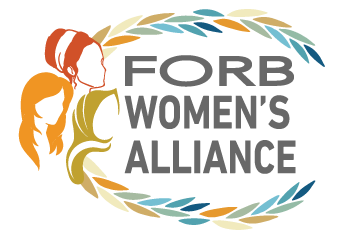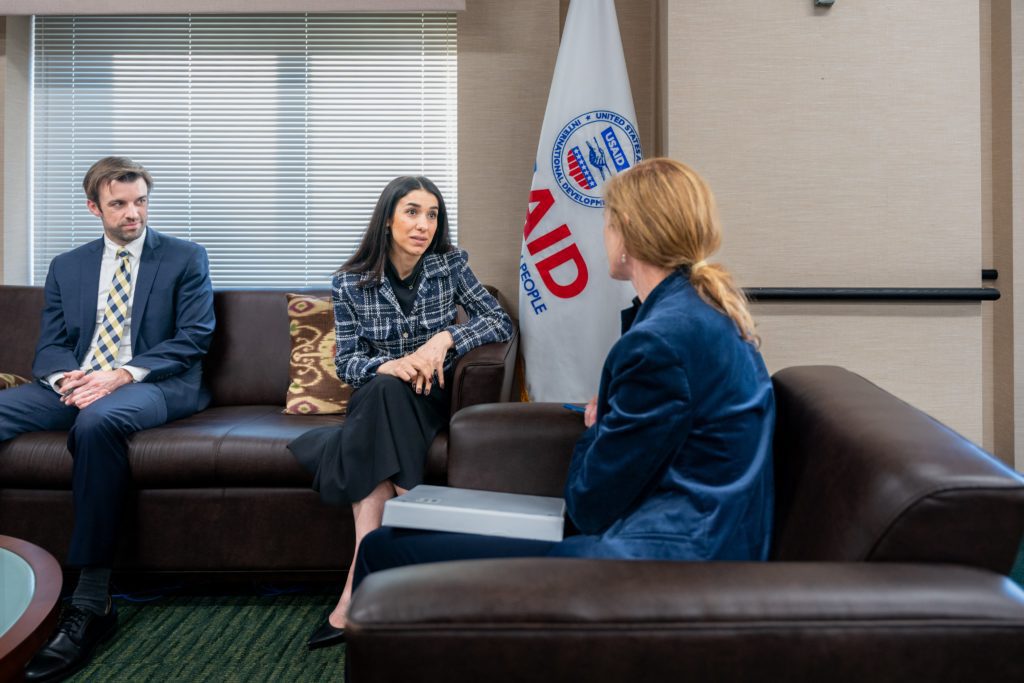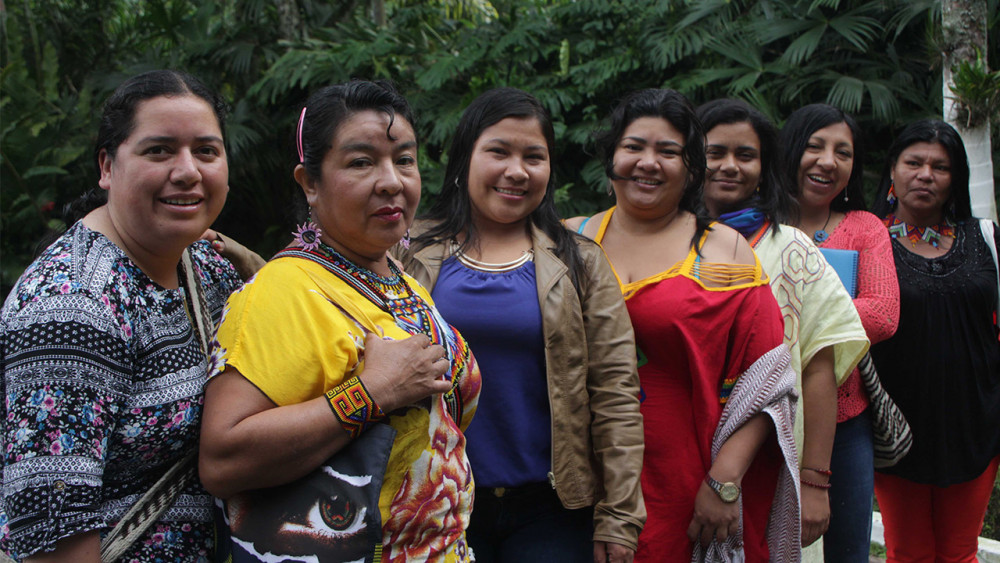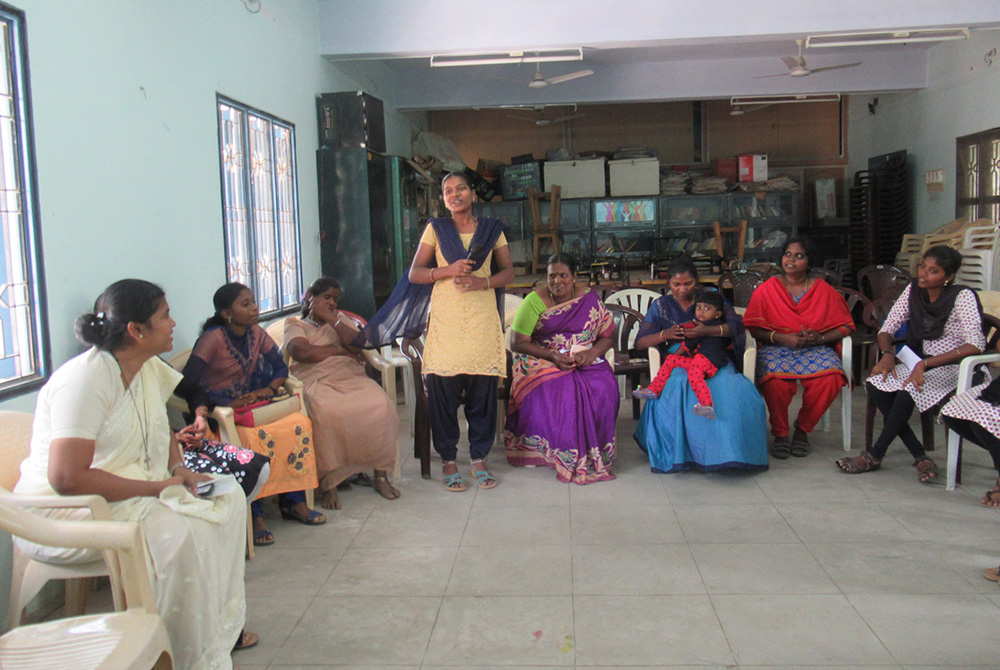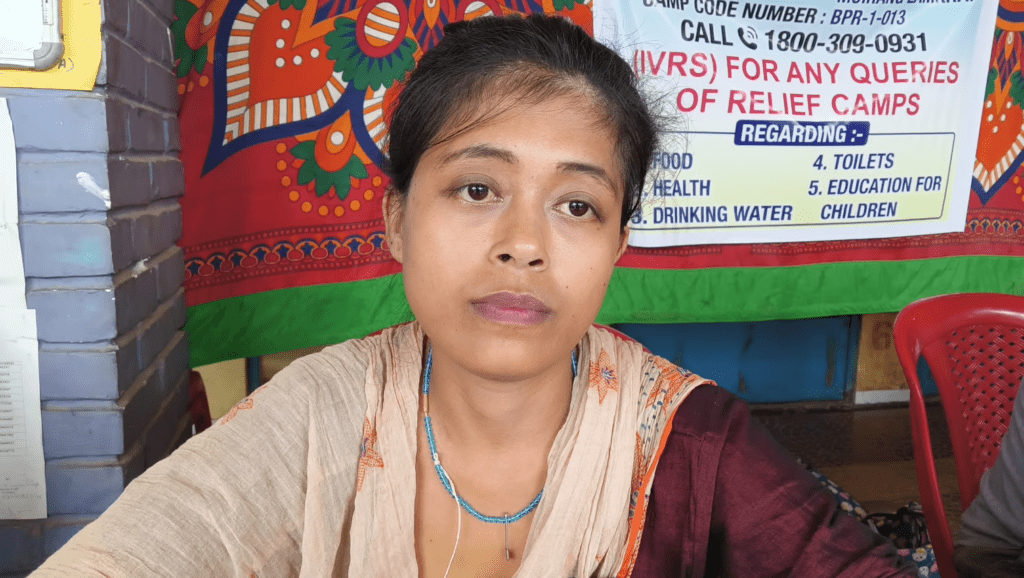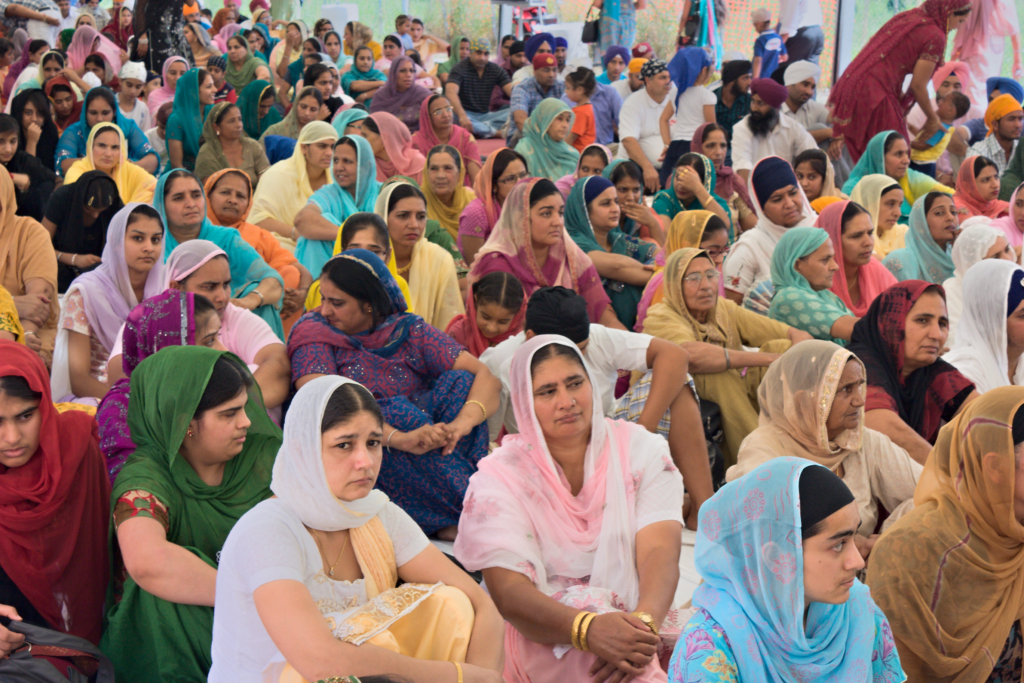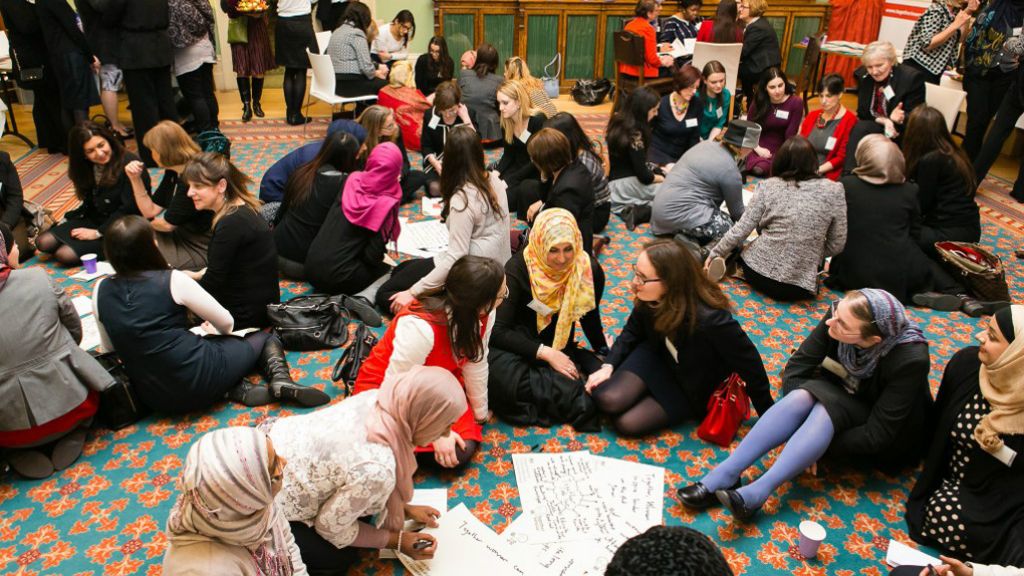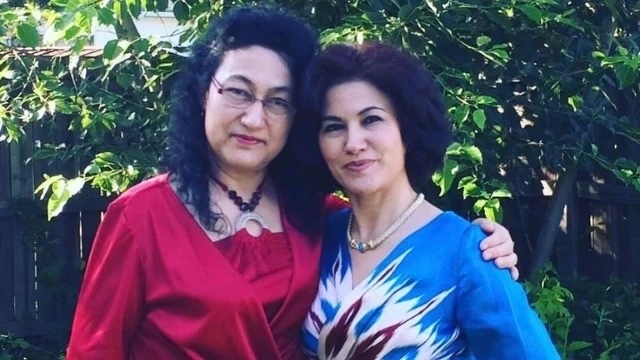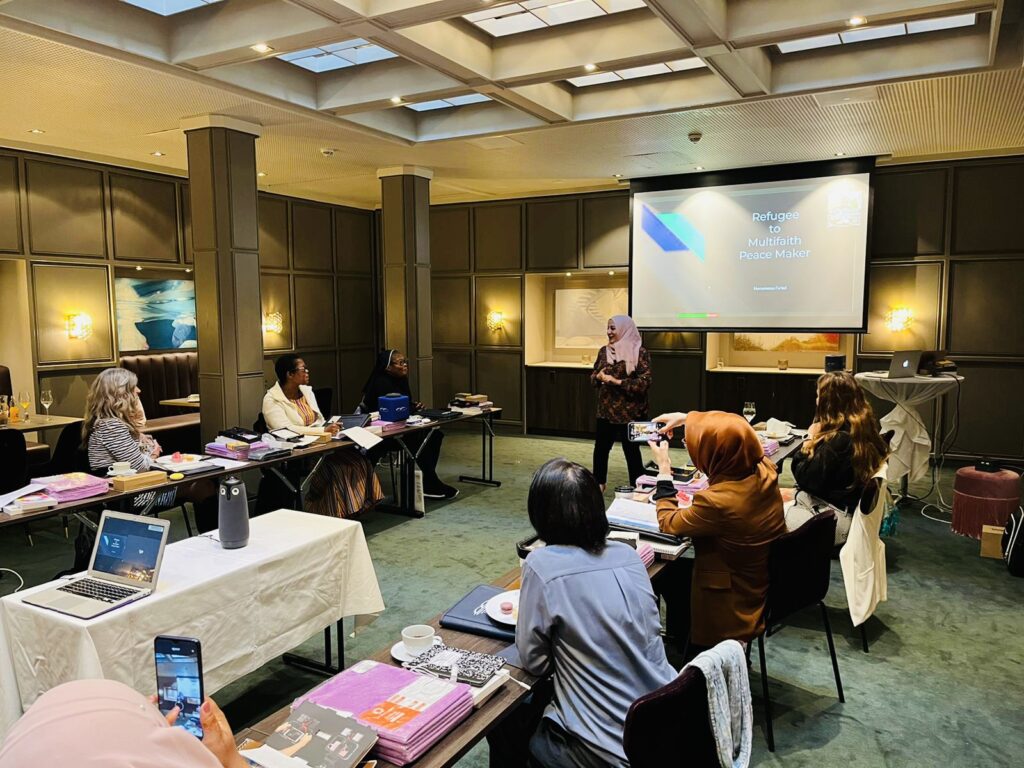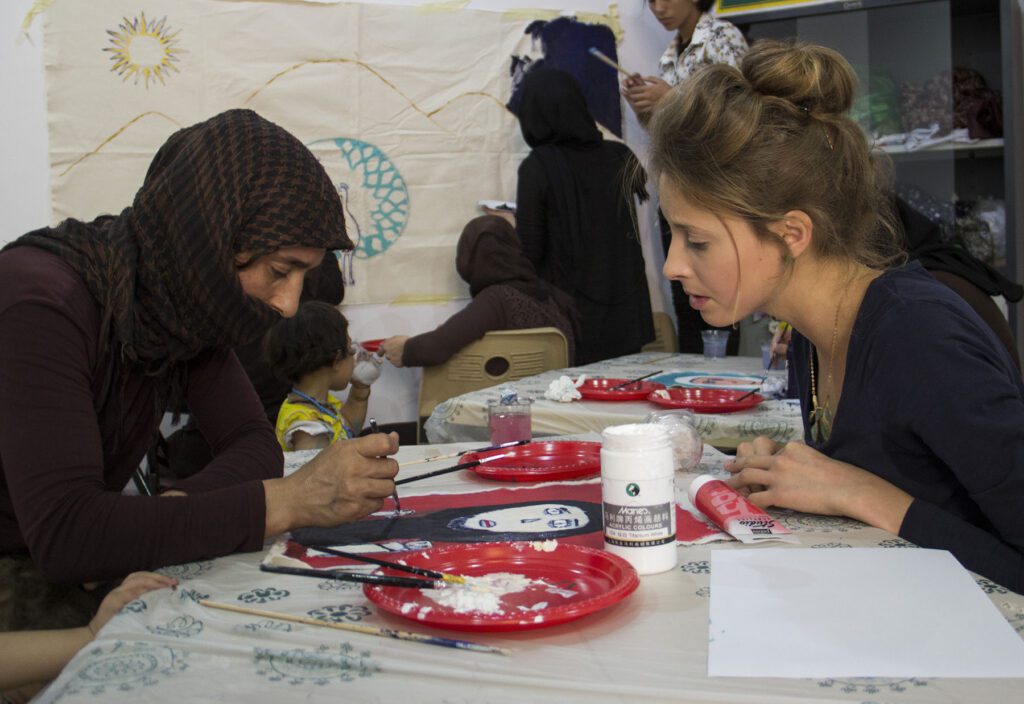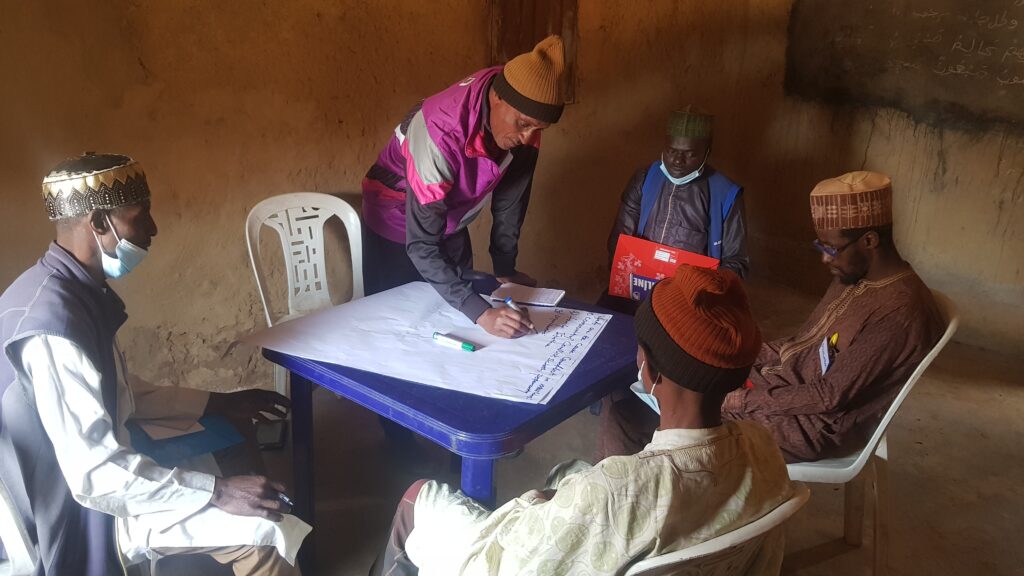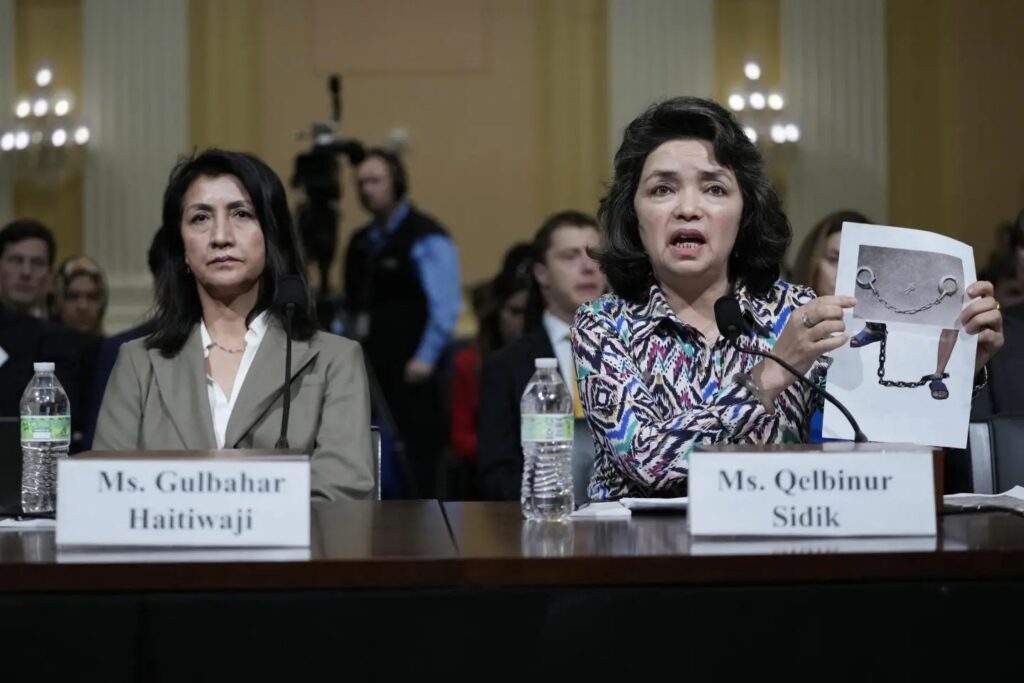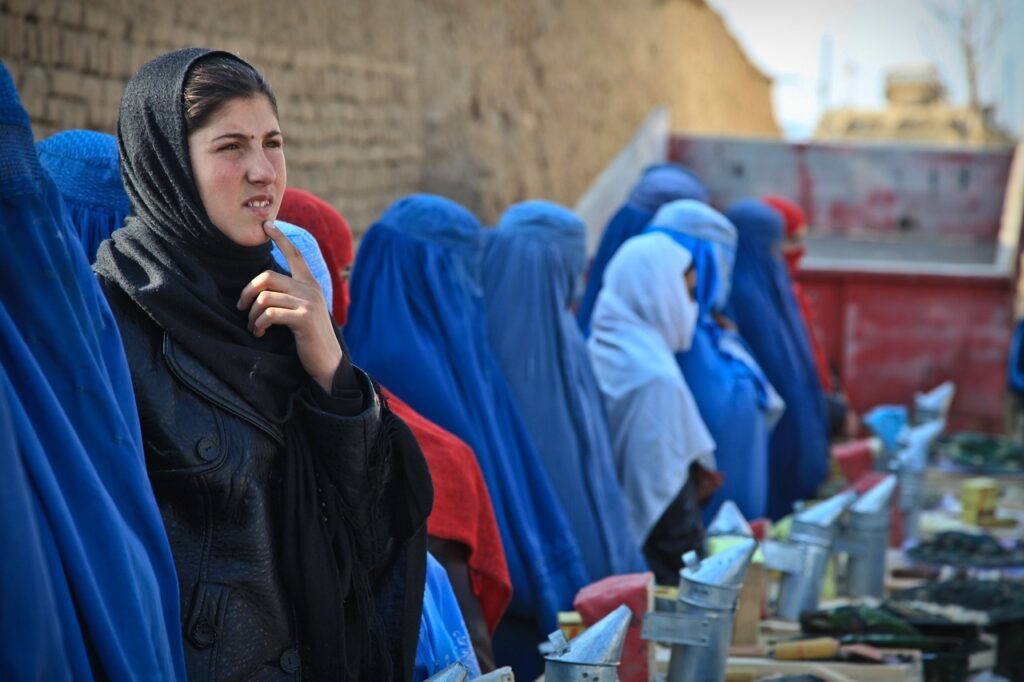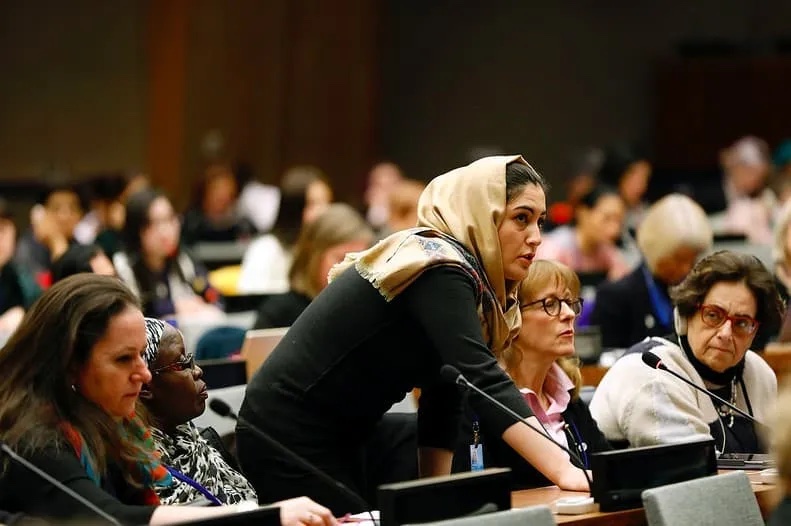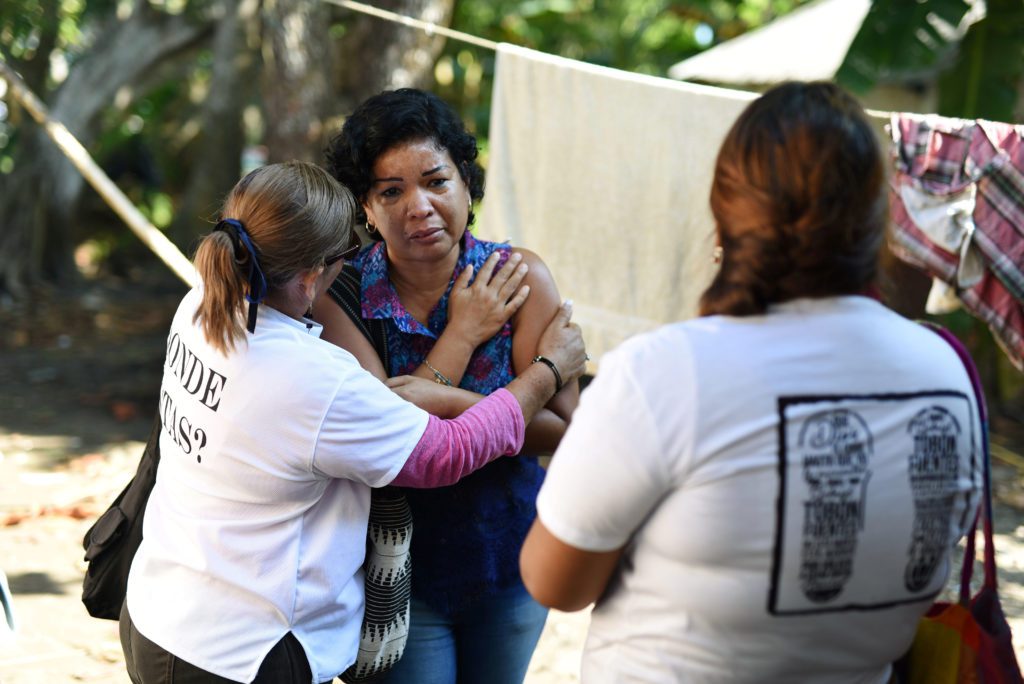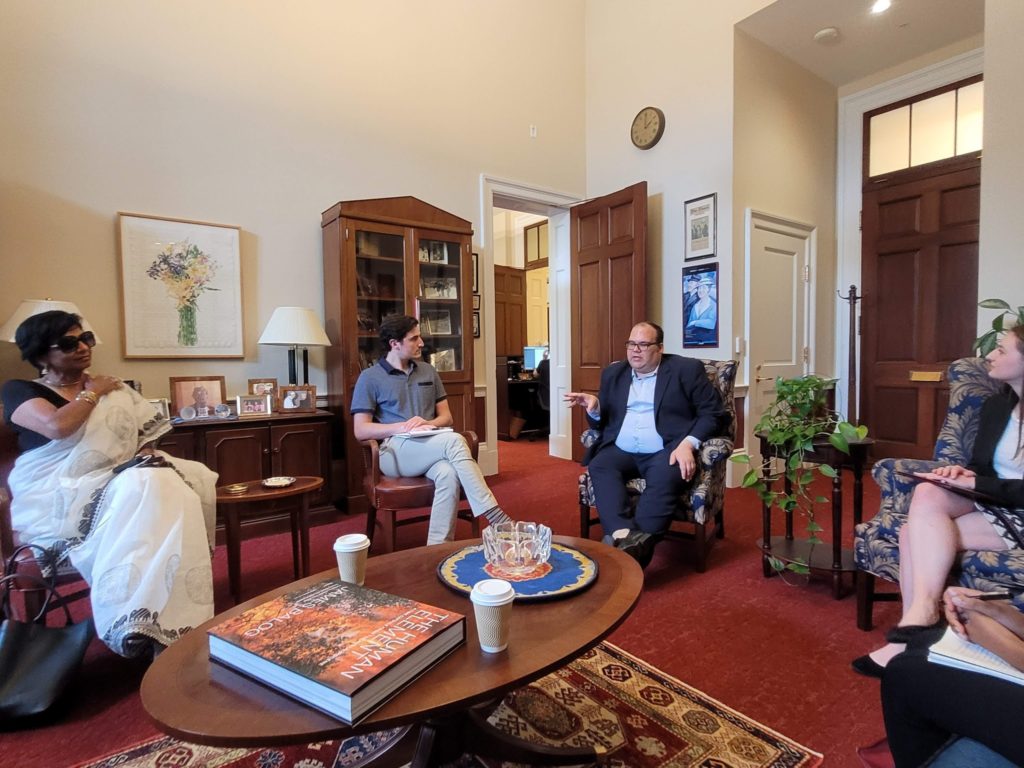What is advocacy? Advocacy is working in support of something (an idea or an issue, for example) with the goal of influencing decisions. Effective advocacy involves understanding what you are working on, whom you are working with, and who is opposing you; crafting appropriate “messages;” and knowing your targeted audience(s). Below are “ten steps to success” you can use to guide your advocacy initiatives.
Set expectations accurately and strategically: Don’t set your expectations too high or low: It you set them too high, it will be harder to motivate yourself and your colleagues because you often will be disappointed. If you set them too low you will not be fulfilling your potential. Setting your expectations just right – because you accurately gauge the environment, your targeted audiences, and your strengths and weaknesses, is essential to effectively manage your resources and collaborate with others toward an impactful outcome. It also is important to set your expectation just right for yourself. Advocacy often is physically, mentally, emotionally and spiritually challenging. Understanding these challenges helps you take the necessary steps to take care of yourself and your colleagues and makes it possible for you to continue to advocate
Support the need for advocacy in the short, medium and long terms: Plan to expend resources and energy over time. Many issues cannot be resolved quickly. In fact, some take years of determined work. And sometimes a victory does not endure, and you find yourself having to readdress the issue.
Plan advocacy activities around three tracks: government, the media, and in the grassroots: It is important to develop your strategies and tactics as well as stay flexible and attuned to the environment created by your efforts on these three tracks. Depending on the issue on which you are working, you might need to focus on local, state and/or national governments, and in some cases international fora. Working in the grassroots is important because successful advocacy efforts rarely are only top-down. Rather, they are based on the strong foundation of grassroots knowledge and support from local players, incorporating any socio-cultural constraints and opportunities.
Use message points: We live in a complicated world with complicated issues. How can you best talk about an issue that conveys what you want to say in a strong, clear and convincing way? Message points help you to do just that: they frame an issue in the simplest and strongest way to help you make your point. It thus is important to think about how you want to talk about an issue before speaking. The answers to the following questions will help you to determine how best to Message your issue: What is your goal? Whom are your key audience/audiences? Does your audience already have an opinion or perspective? If so, what is it? You may need to change your message points because issues and/or your audience change. So be prepared to customize them. The important point is that you keep thinking strategically and plan out what you want to say by using the messaging methodology.
Develop long-term relationships with community leaders, elected officials and the media: Developing these on-going relationships is vital. For the issue you are working on, determine which leaders are important allies. Keep in contact with them, educating them about the issue you are working on and its impacts; invite them to address a community meeting; and communicate strategically with them, keeping them informed about issues of concern to you and your community. And thank them when they do a good job. A higher media profile will require pushing impactful and positive stories and sympathetic cases, going on social media and local radio shows, and writing op-eds and articles for newspapers. Local TV networks welcome visual stores. Develop a relationship with your local electronic, print, broadcast and social media, paying attention to what they cover. Invite them to an event, and make yourself available for interviews.
Be prepared to respond both proactively and reactively: While it is important to know how to respond to a negative story, it also is crucial that you initiate positive contacts with relevant actors, including community leaders, elected officials and the media. In that way, you will help set the stage on your own terms consistent with your own longer-term strategy.
Take back language and know how to talk about your issues: Those with opposing views often use harsh rhetoric to scare people and generate fear, especially when the issues pertain to women and religious freedom. Some allege that empowering women violates their religion, when it actually is a cultural norm that a government, for example, uses as an instrument of control. It is important to ground our language on the issues we are working on, citing individual cases to clarify what is at stake.
Work in coalition with partners on specific issues: Work in coalition on specific issues. Understand that other organizations may not share your entire agenda, and in fact may work to oppose you on other issues, but they can be powerful allies on the issue you are working on. It is wise to advocate with groups with whom we long have been allies as well as with others who offer new opportunities and alliances.
Recognize the importance of training: Central to advancing your agenda is mastering new skills. Such skills involve knowing how to talk about your issues (that is, “message” your issues) with different audience, understanding the political process and legal issues, and keeping up to date on what is going on in areas that impact your issues.
Take advantage of new technology: Technology offers advocates many opportunities, including the ability to communicate more easily and cheaply, work together more efficiently and reach community members, elected officials, and the general public. Learn how to work safely in this space, given that women especially are being targeted for their gender and their human rights and religious freedom work.
Women face compound discrimination and persecution. Let’s work smartly and together to advocate for the change we want to see.
Judith Golub is the co-founder of FoRB Women’s Alliance. She also is the Director of Strategy and Planning at the Religion News Foundation/Religion News Service. Prior to RNF/RNS, she was the Director of Congressional Affairs & Policy and Planning at the U.S. Commission on International Religious Freedom (USCIRF).
